Nov 21, 2007
The Sixth Bi-annual Symposium of the Council for Asian Terrorism Research (CATR) was held in Kuala Lumpur, Malaysia on 5-7 November 2007. The theme for the meeting was: Understanding the Role of the Media in Facilitating the Spread of Radical Ideologies.
The meeting brought together a selected group of influential academic, government, military, and media representatives from across the Asia-Pacific region to discuss this important topic. The product of the symposium was a conference report that included academic papers by symposium panelists and the findings of a series of roundtable discussions involving regional media experts.
The Director of CAPS Mr. Hekmat Karzai participated in the three day symposium and presented a paper titled, Understanding the Role of the Media in Facilitating the Spread of the Extremist Message. In his presentation, he covered five key themes:
- The role of Old and New Media
- Al Qaeda and Strategic Communications
- How are the Taliban using Communications?
– Message, Content, modalitie
- Strategic Weaknesses of Taliban
- Recommendations for a better communication strategy
CAPS is also a member of the Board of Advisors for CATR and in this regard Mr. Karzai also participated in the board meeting which discussed important issues pertaining to the future of CATR.
CATR is a consortium of Government, academic and research institutions dedicated to providing systematic ways of promoting and sharing regional research on terrorism and counter-terrorism. Its goal is to draw on the unique strengths and perspectives of each of its member institutions and countries to enhance both understanding of and responses to the rise of terrorism and political violence.
The CATR is founded upon the principle that by promoting and sharing research, it is possible to draw upon the diverse expertise and perspectives that exist across the region to develop new approaches, enhance existing capabilities and build integrated and cooperative efforts to counter terrorism in the Asia-Pacific region and other regions that directly affect its security.
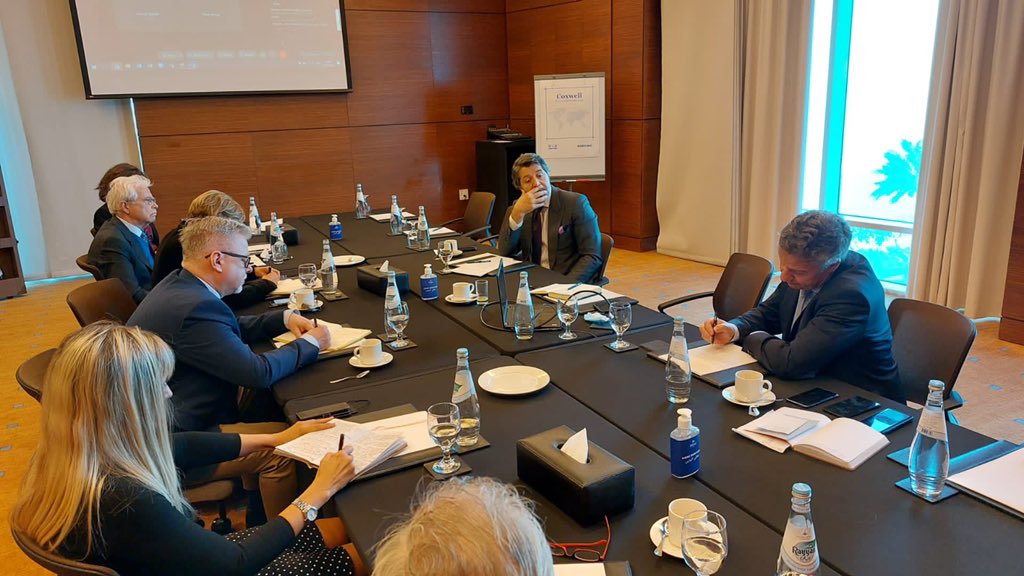
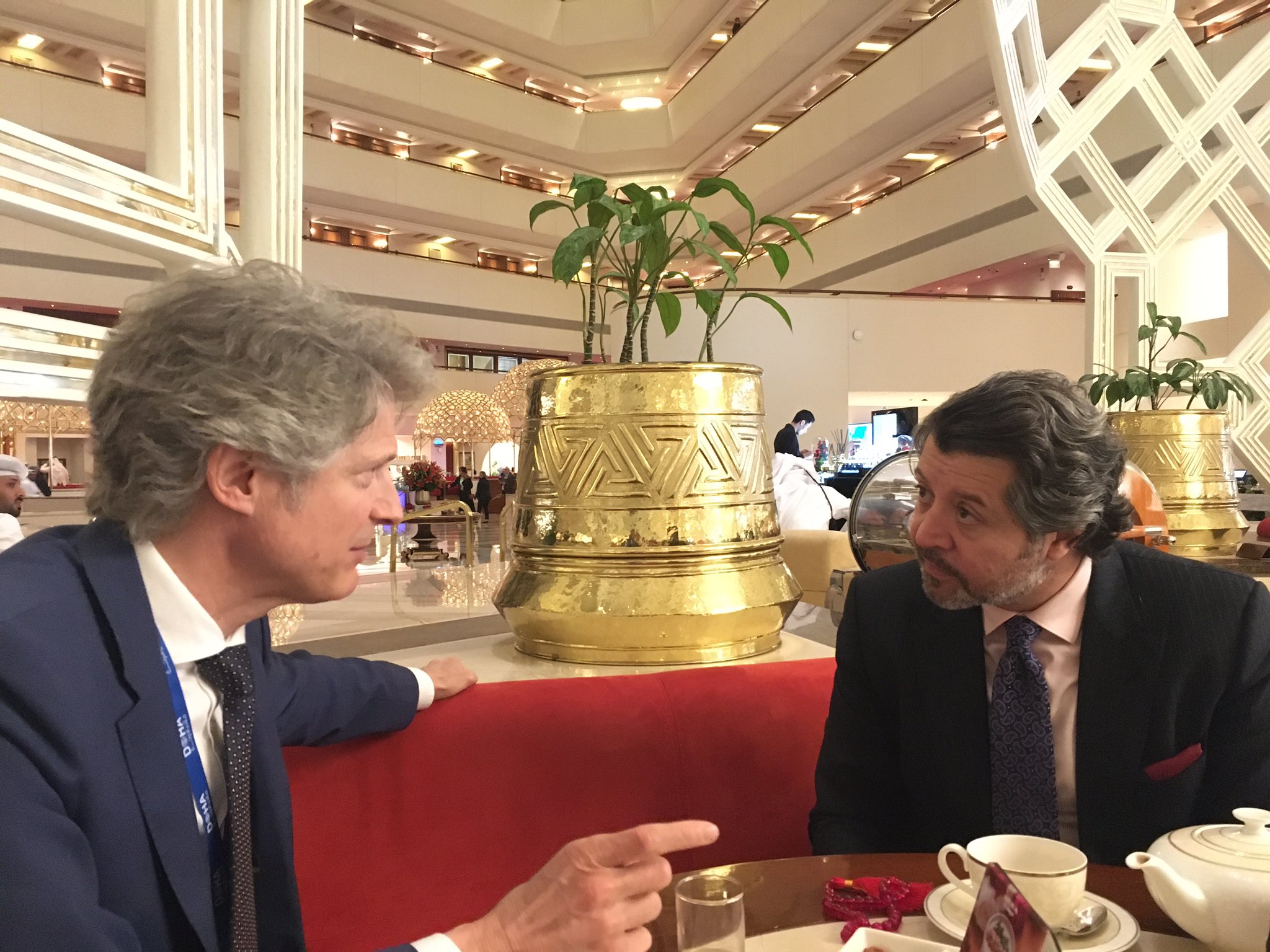

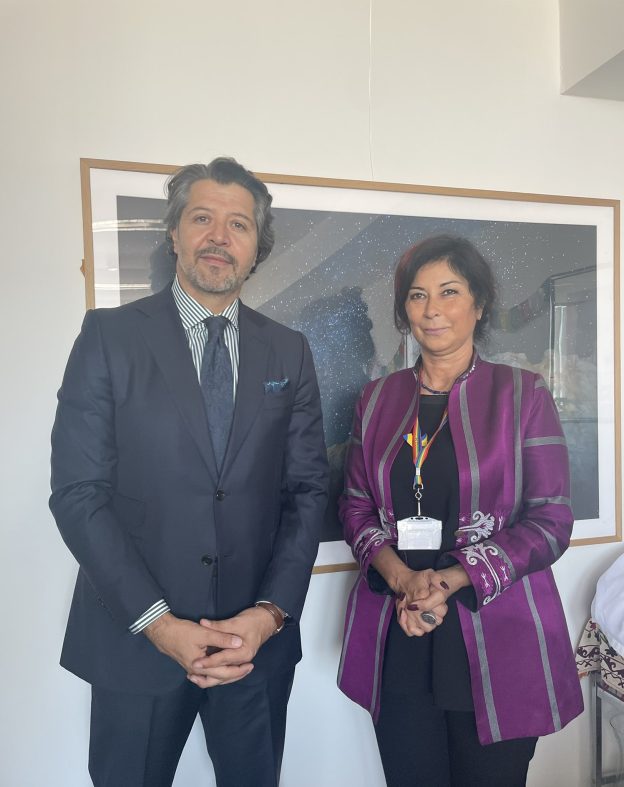
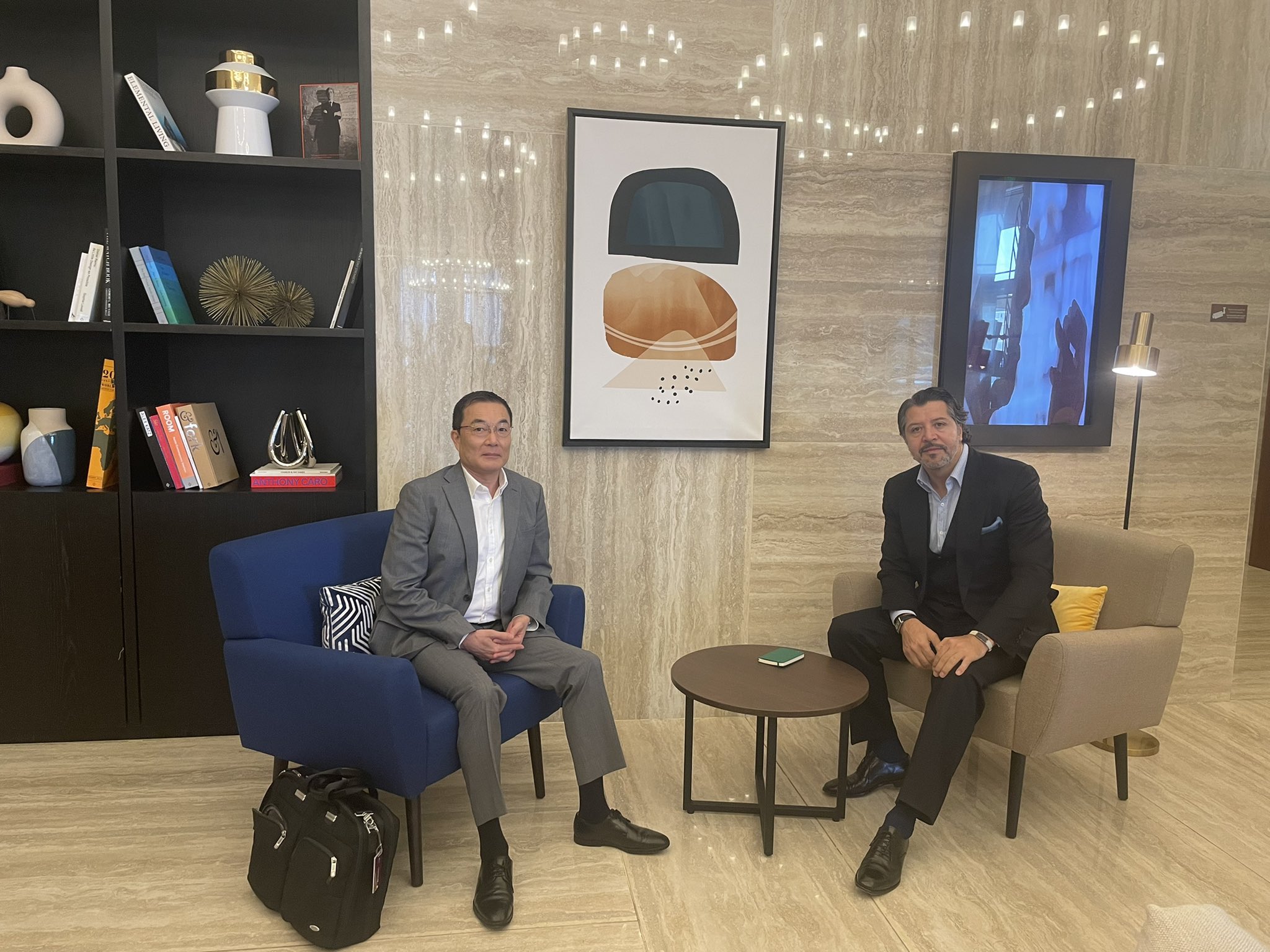
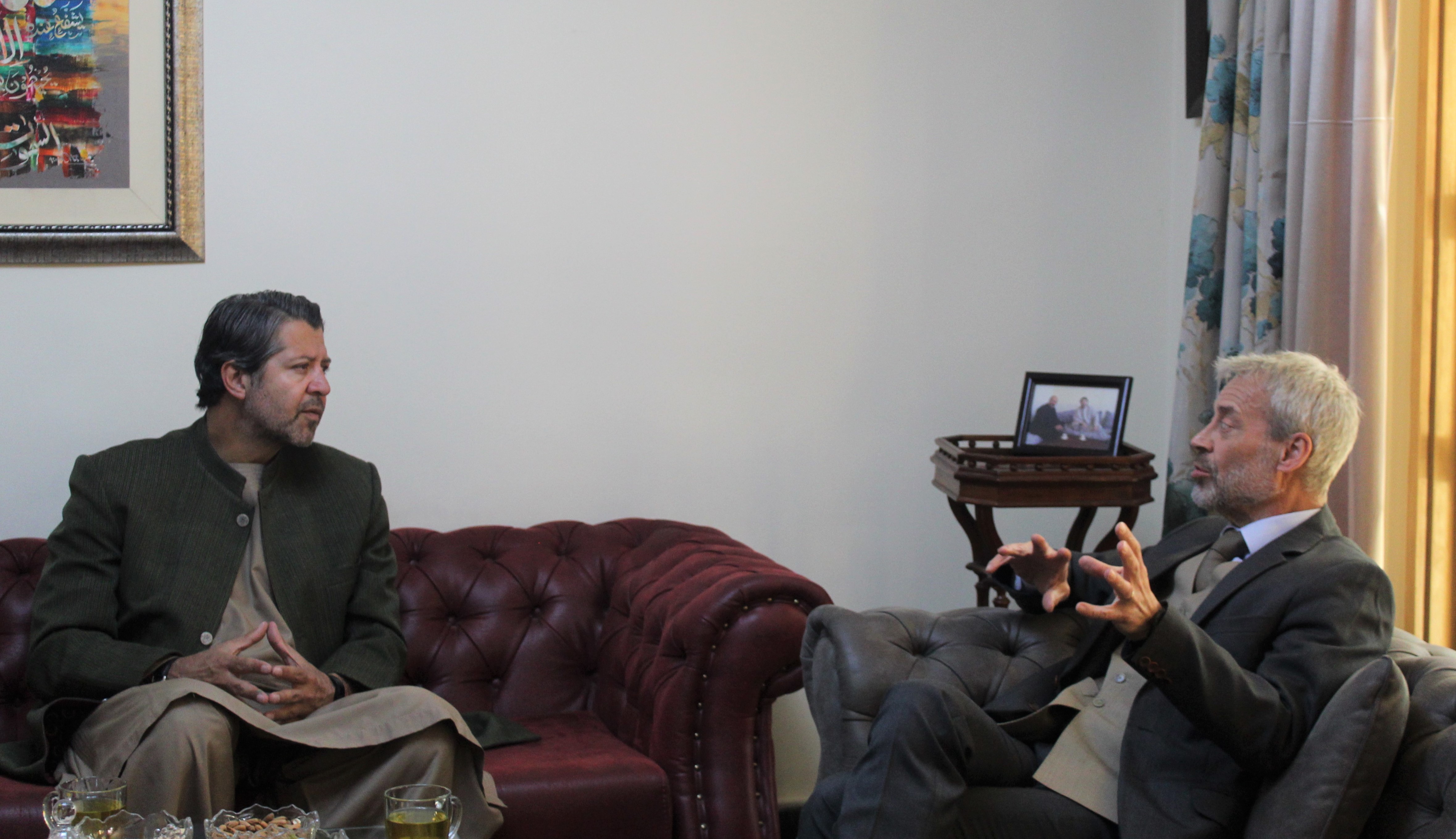
Leave A Comment